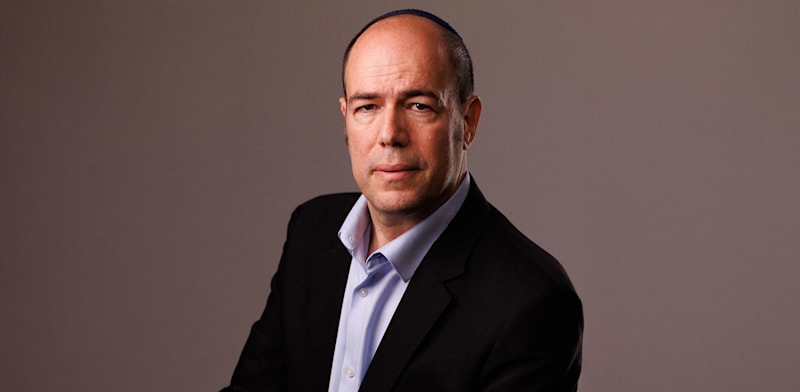By Leigh Thomas and Yoruk Bahceli
PARIS/LONDON (Reuters) -The collapse of France’s latest government leaves the euro zone’s second-biggest economy lurching deeper into a morass of feeble growth, high borrowing costs and a debt burden becoming one of Europe’s heftiest.
Lawmakers’ rejection of Prime Minister Francois Bayrou’s government in a no-confidence vote on Monday crushed any hope of making serious headway next year on France’s budget deficit – the biggest in the euro zone.
Opposition parties toppled the veteran centrist over his plans for a 44 billion euro ($52 billion) budget squeeze that will now inevitably be heavily watered down by whomever President Emmanuel Macron taps as his successor.
“There is no upside scenario, there is no way out, there is no credible scenario where you end up with the same amount of fiscal consolidation,” said Frederik Ducrozet, head of macroeconomic research at Pictet Wealth Management.
Finance Minister Eric Lombard has acknowledged the next government, which must draft a 2026 budget by October 7, would be less ambitious than Bayrou, a longtime debt hawk.
Bayrou’s successor is also likely to rely more heavily on taxes than spending cuts to reduce the budget deficit with the Socialists – from whose ranks the next prime minister could come – calling for a 15 billion euro tax hike on the ultra-wealthy.
But financial markets may frown on tax increases, especially broader measures, fearful they may choke off growth – already a worry in Britain.
“What we’re increasingly seeing is a reluctance of market participants to buy the taxation route as a viable way to reduce big fiscal deficits,” said Russel Matthews, portfolio manager at RBC BlueBay Asset Management, which is betting against French bonds.
“It’s just becoming less credible,” he said.
DEBT TRAP
Macron is not currently signalling plans to call a snap legislative election, and polls indicate doing so would not necessarily give a majority to any one party and break the deadlock.
With France’s politics in chaos and its public finances adrift, households and businesses are already hesitant to spend or invest.
“Retail customers are like companies. The more visibility you have, the more you are able to invest and spend money for the future,” automaker Renault’s Chief Growth Officer Fabrice Cambolive told Reuters.
Slow growth is particularly problematic for a high-debt country like France, because it cannot simply count on growing its way out from under its debt burden, which reached 3.3 trillion euros in June or 114% of GDP.
Story Continues









![I’m Hearing Some Disturbing Things About ServiceNow, Inc. (NOW), Says Jim Cramer [Corrected] I’m Hearing Some Disturbing Things About ServiceNow, Inc. (NOW), Says Jim Cramer [Corrected]](https://s.yimg.com/ny/api/res/1.2/l_pFJlPXSGBJ1wTriz19Uw--/YXBwaWQ9aGlnaGxhbmRlcjt3PTEyMDA7aD04MDA-/https://media.zenfs.com/en/insidermonkey.com/bfd95ce4a465a304b266e8b9ebe54074)















